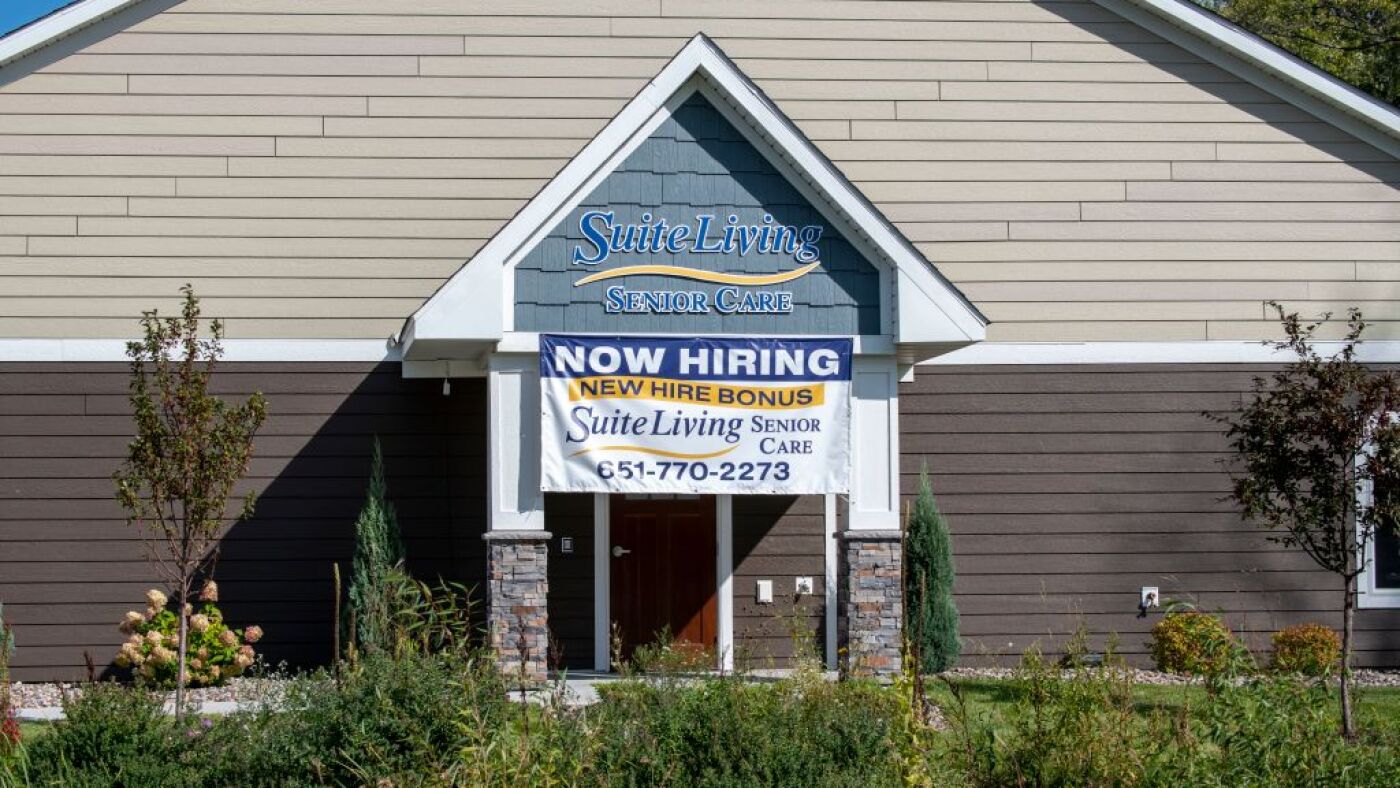Healing Blocked: Trump's Immigration Crackdown Threatens U.S. Medical Workforce

A critical new study reveals the vital role immigrants play in sustaining America's healthcare infrastructure, particularly in hospitals and nursing homes. As the healthcare sector continues to face significant workforce challenges, immigrant workers have emerged as essential personnel filling crucial medical and caregiving positions.
The research highlights a growing concern: restrictive immigration policies could potentially deepen existing staffing shortages in healthcare settings. With many medical facilities already struggling to recruit and retain qualified personnel, limitations on immigrant workforce participation could create substantial gaps in patient care.
Immigrant healthcare workers contribute significantly across multiple roles, including nursing, medical support, elder care, and specialized medical services. Their contributions are especially pronounced in rural and underserved communities where healthcare recruitment is traditionally challenging.
The findings underscore the interconnected nature of immigration policy and healthcare workforce dynamics, suggesting that comprehensive immigration approaches are crucial for maintaining the quality and accessibility of medical services nationwide.
As the healthcare landscape continues to evolve, understanding and supporting the immigrant workforce will be paramount in ensuring robust, responsive medical care for all Americans.
